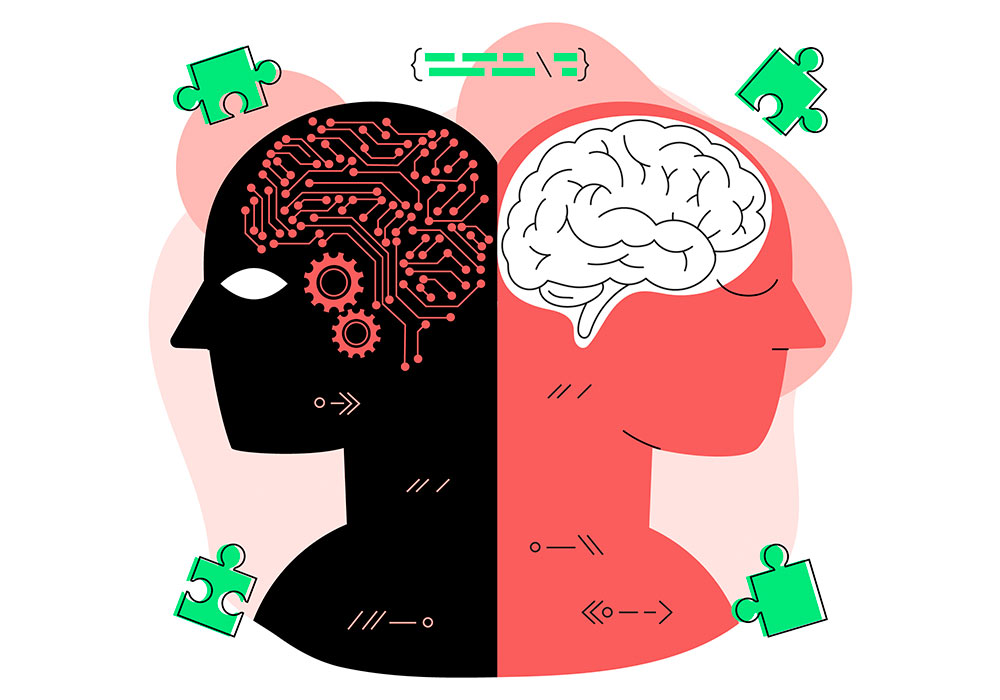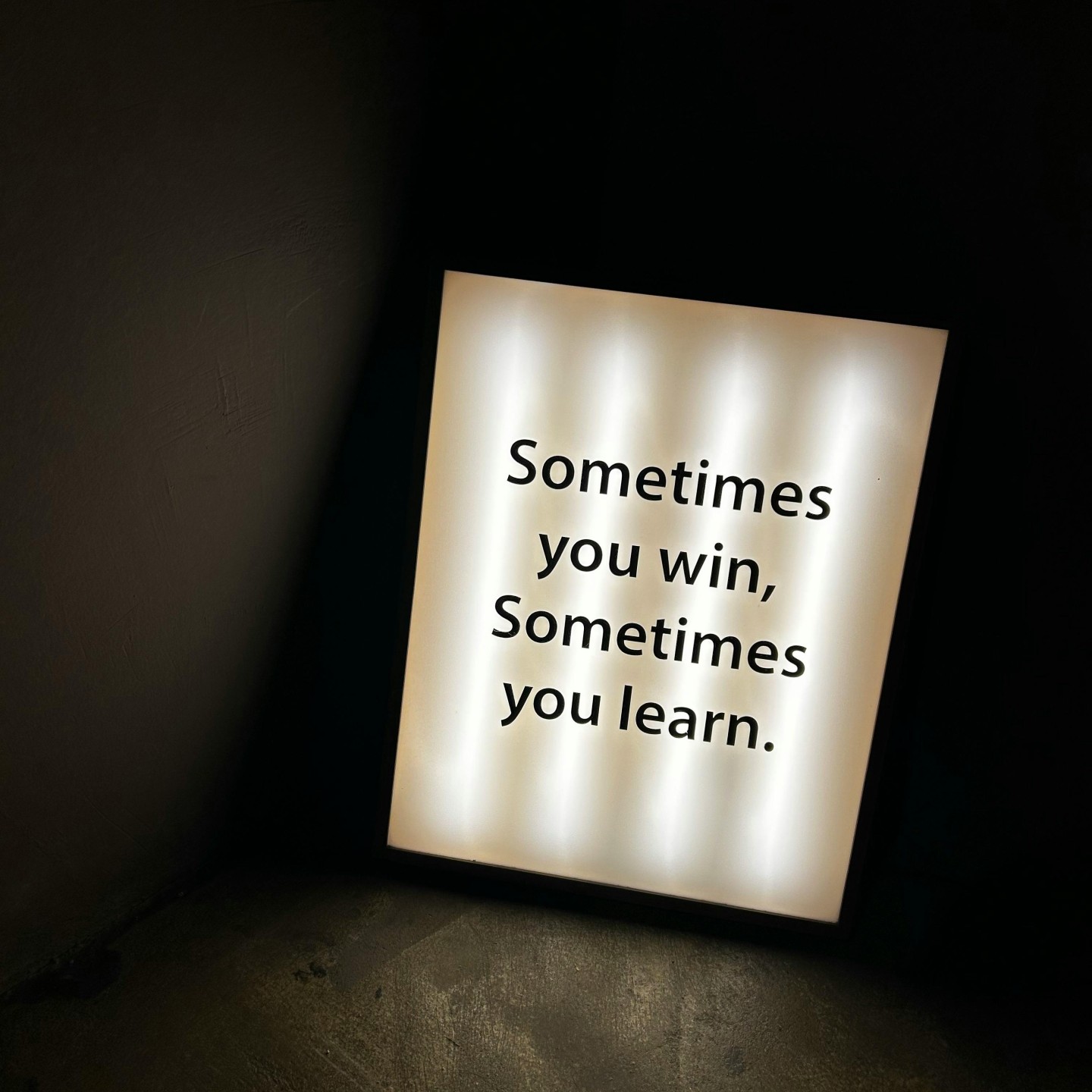Doing better for yourself, not for others
This doesn’t mean that growth-minded people can do anything. It’s not a matter of falling back on the hackneyed phrase “if you want to, you can”, because we know that’s not the case. No matter how much someone wants to, believes in it and works hard, a person who is five feet tall and has asthma will never play basketball like Michael Jordan.
The point, as the psychologist puts it, is not to compare ourselves with anyone else. How did that person play basketball a year ago and how does he or she play now, after persistent training? Surely much better.
Growth-minded people simply seek continuous improvement, while fixed-minded people seek the approval of others. They’re more concerned with their self-image and therefore only risk doing what they already know how to do. They may see failure as a threat to their identity, paralysing them with the fear of being judged or labelled as inadequate.
However, the growth mindset teaches us that failure is not the end, but an impetus towards learning and improvement. How many times have we stopped trying something for fear of not being good enough? Perhaps, by adopting a growth mindset, we will discover that the road to success is not paved with innate talent, but with a willingness to evolve. True potential lies not in what we already know, but in what we’re willing to learn.

